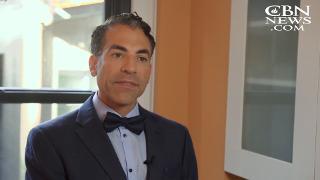Blaster
Diamond Member
- Sep 9, 2022
- 19,062
- 18,868
- 2,288
Too much sugar is a killer

 www1.cbn.com
www1.cbn.com

Kill the Sugar Before It Kills You: 'Sugar Is the Source of All Chronic Disease'
Sugar causes heart disease, feeds cancer, is linked to diabetes, and the list goes on.That's why making giving up sugar your New Year's Resolution, to include artificial sweeteners, could be the best thing you do for your health in 2018.
